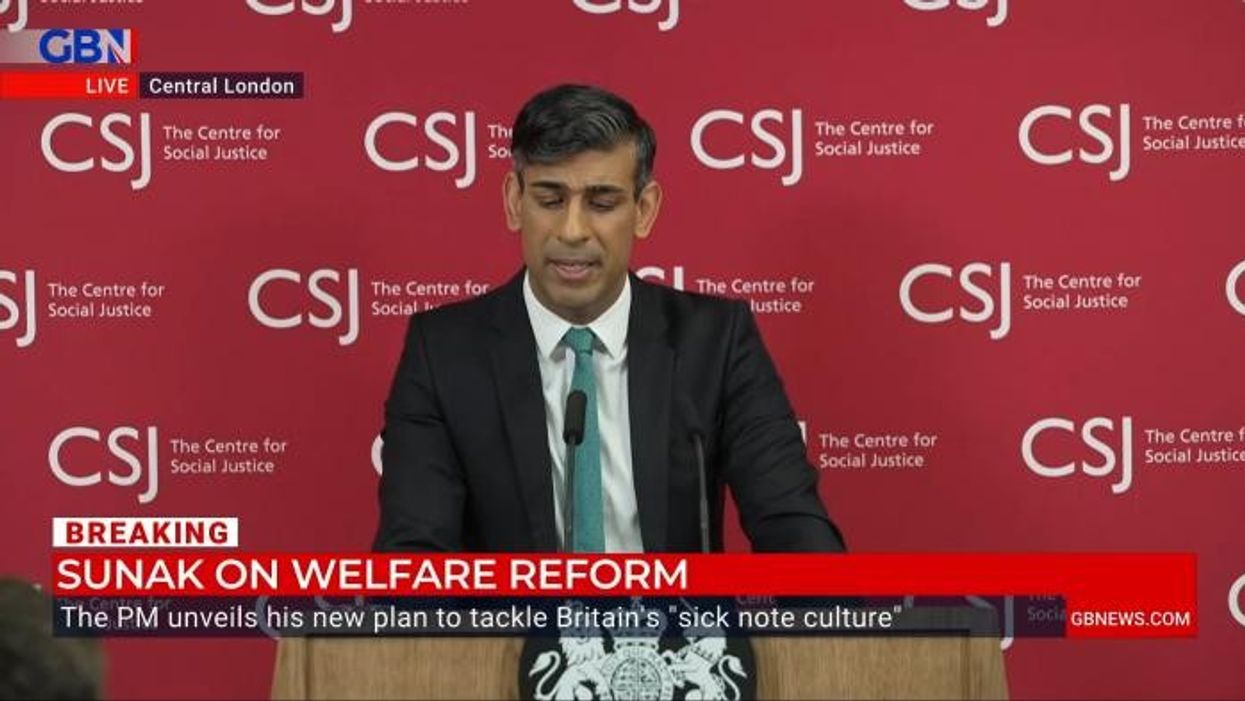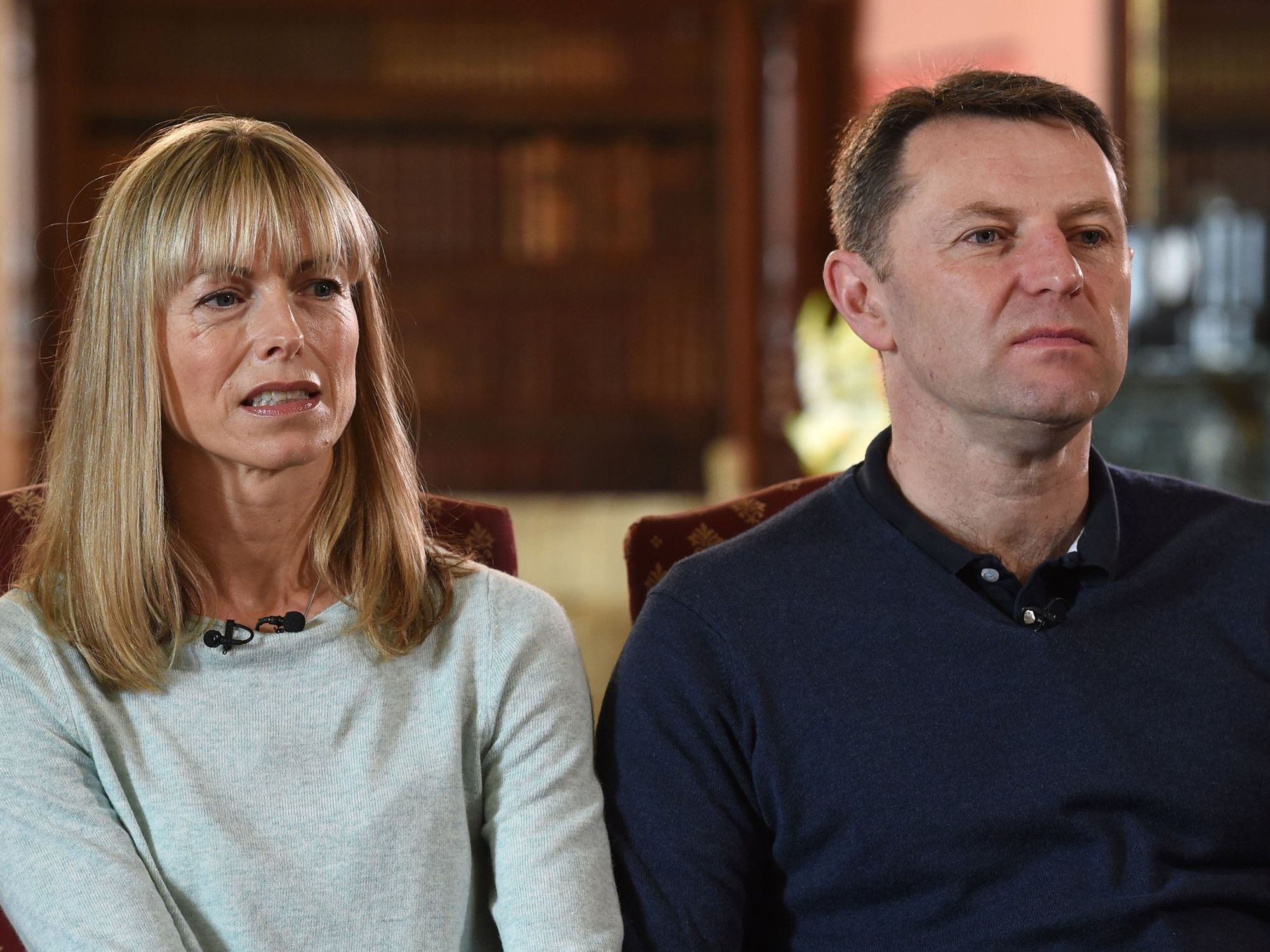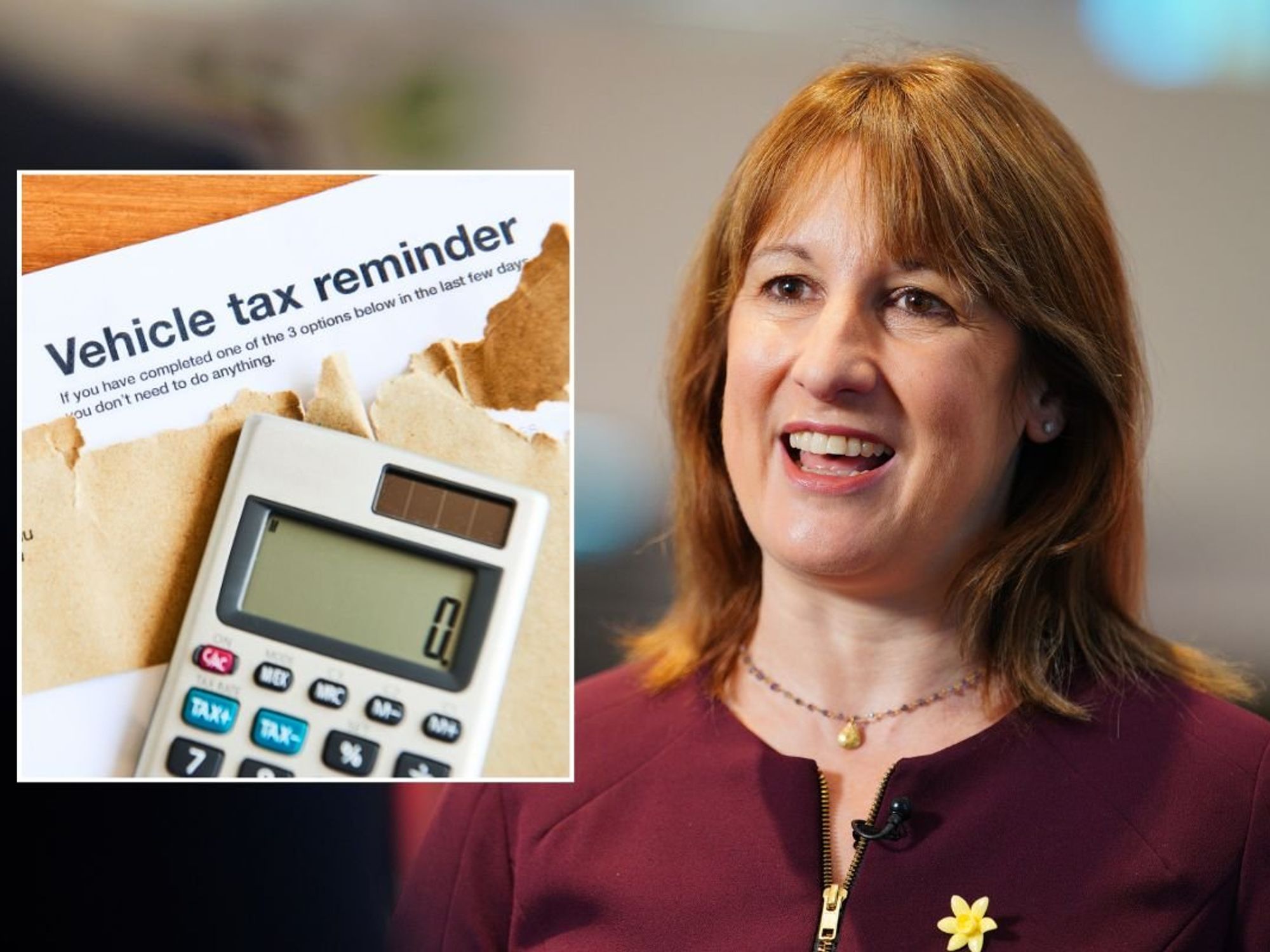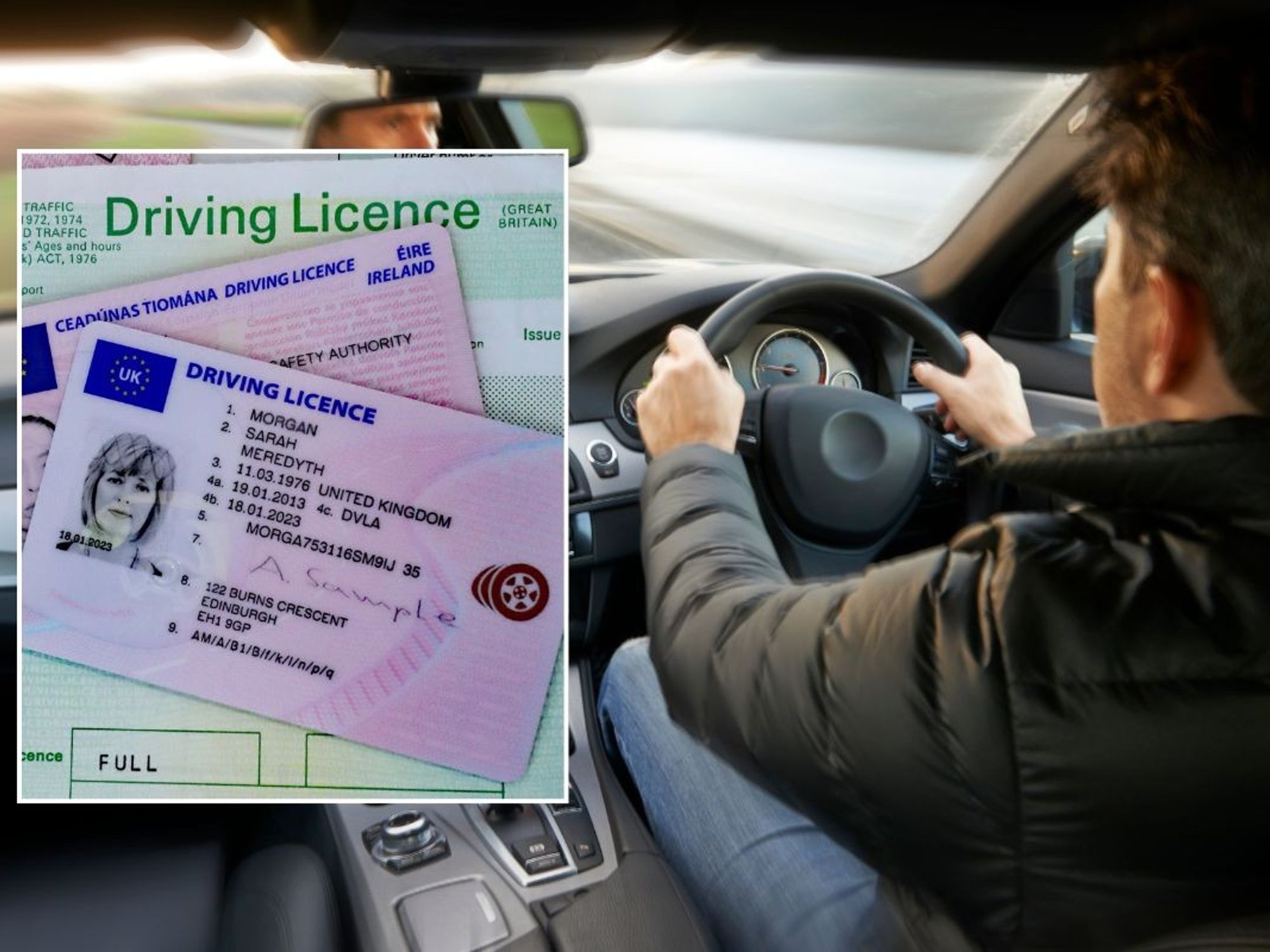Universal Credit change affecting 180,000 people has come into effect today

Prime Minister Rishi Sunak announced the change, which will affect tens of thousands of people on Universal Credit, last month
Don't Miss
Most Read
Latest
Almost 200,000 people on Universal Credit will need to increase their income or they will be moved into an "intensive" work search (IWS) group from today.
The Government has hiked the Administrative Earnings Threshold (AET) from £743 to £892 per month for individuals, and from £1,189 to £1,437 for couples.
It means that individuals who earn the National Living Wage will now need to work 18 hours per week to remain in their "light touch" group - up from 15 hours per week.
Where a claim is made by a couple, the joint income needs to be the equivalent of the couple working a combined total of 29 hours per week at the National Living Wage.
If someone earns below the AET, they will be placed in the IWS group and need to regularly meet with their work coach.
The Government said claimant commitments will continue to be tailored to personal circumstances and take into account caring responsibilities as well as any health conditions.
Do you have a money story you'd like to share? Get in touch by emailing money@gbnews.uk.
However, Michael Clarke, head of information programmes at anti-poverty charity Turn2us, said the changes would "severely challenge those managing jobs with irregular or fluctuating incomes and carefully balanced responsibilities like childcare".
He added: "The system fails to accommodate the reality of those on the financial edge.
"For single mothers and others on razor-thin margins, these adjustments risk tipping them into crisis, exacerbating financial insecurity and mental stress as they struggle to meet the new demands.
"It’s vital that the support system truly supports, rather than penalises those it's meant to help.
If a person fails to meet their Universal Credit claimant commitments, the payments could be cut or stopped altogether.
The AET was previously 12 hours per week for individuals, and 24 hours per week for a couple before it was raised in January 2023.
Universal Credit recipients who are earning below the AET in an assessment period must:
- Show they're actively looking for more, or better-paid work
- Be available for work.
LATEST DEVELOPMENTS:
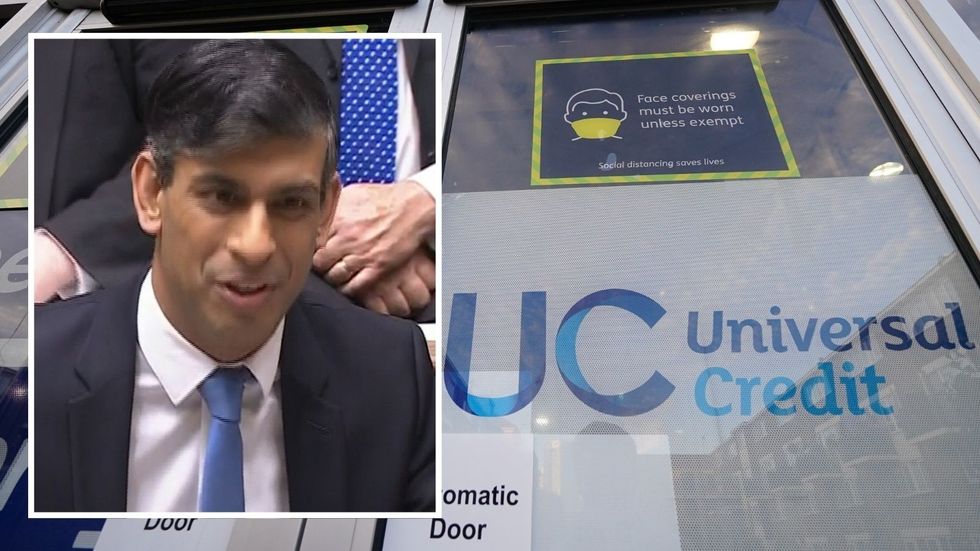
Individual Universal Credit recipients will now need to work at least 18 hours on the National Living Wage to remain in the "light touch" group
|PA
A person must accept their claimant commitment in order to get Universal Credit.
This is a record of what recipients agree to do.
It can include the agreement to prepare for and look for work, or increase earnings if they're already working.


